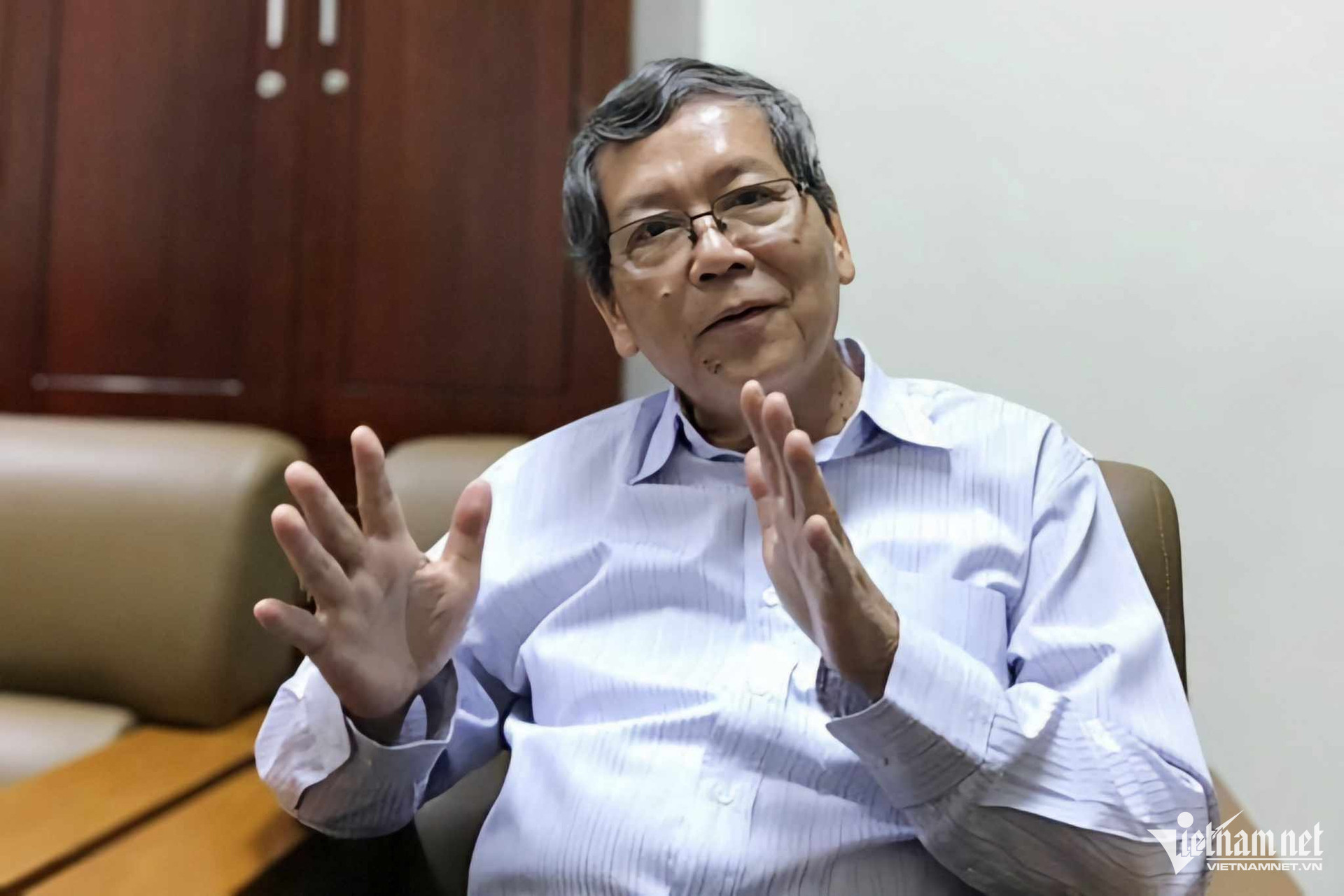“I support naming new wards and communes with meaningful names, whether drawn from former names or newly created. We shouldn’t resort to numbering. We are not short on words,” said Vu Ngoc Hoang, former Standing Deputy Head of the Central Propaganda Department and former Secretary of the Quang Nam Provincial Party Committee.

Currently, local authorities across Vietnam are considering two main naming approaches for newly formed commune-level administrative units following the national restructuring initiative.
One is to retain a name from one of the pre-merger units; the other is to adopt the name of the district and add a numerical suffix. Some localities are opting to create entirely new names.
These approaches are in line with guidance under Resolution 76 by the National Assembly Standing Committee, which provides naming options for newly established provincial and commune-level administrative units.
While numerical naming may simplify digital data management, critics argue it is rigid, uninspired, and dismissive of cultural and historical depth.
Naming is a cultural responsibility, not just an administrative task
Speaking with VietNamNet, Vu Ngoc Hoang emphasized that naming places is more than an administrative process - it is an act of cultural creation that builds lasting values and emotional bonds within communities.
He warned against treating the task casually or performing it just for the sake of meeting deadlines or targets.
“Throughout history, the names of places and villages have shaped the nation. Naming isn’t merely procedural. It shouldn’t be reduced to a formula, like using numbers because it’s ‘easier to digitize,’” he said, cautioning against oversimplifying the concept of digitization.
He expressed his strong support for choosing names with meaning - either retaining historical names or selecting new ones - rather than resorting to impersonal numerical identifiers.
“We’re not short on words. And we shouldn’t be stingy with time when the cultural value we’re building is enduring, profound, and limitless if done well,” he emphasized.
Avoid token procedures, involve the people

Mr. Hoang also acknowledged that it may be appropriate to keep the name of one of the merged communes - particularly if it holds historical value and is supported by the community.
However, he warned that the naming process must be genuine and participatory, not just a checkbox exercise for procedural compliance.
“Local governments must avoid rushing consultations or forcing names through short timeframes. This is a major cultural task and should be treated as such. Imposing choices under the guise of consultation erodes public trust,” he noted.
Hoang expressed regret over the disappearance of many local names during the recent administrative mergers. “These names are tied to a proud history and personal memories - childhood, life stories, identity. As the song says, ‘Without remembering one’s homeland, one cannot grow into a person.’ Love for the country begins with love for one’s hometown,” he reflected.
He acknowledged that while the cultural aspect of naming is widely recognized, implementation often falls short, with some localities going in the opposite direction.
“If we don’t carefully consider cultural values in this process, a future generation might be forced to rename places to reflect their true identity,” he cautioned.
Naming as legacy: Learning from Quang Nam and Hoi An
According to Hoang, Quang Nam and Hoi An embody a rich history and cultural legacy, both in ancient times and today.
Quang Nam was historically a southern frontier, embodying the expansion strategies of the Dai Viet ancestors. It served as a defensive stronghold, a logistical center, and a springboard for territorial expansion - using culture as the vehicle to extend Vietnam’s reach southward.
Hoi An, once Vietnam’s first special economic zone and international trading port, blended East and West and helped form a key economic center in the South. It remains a renowned tourism brand, admired for its blend of urban sophistication and rural authenticity.
Hoang urged that Hoi An's name and legacy be preserved and promoted within the new administrative framework, avoiding the dilution of its cultural identity through excessive urbanization.
Although some names may not appear on future maps, Hoang believes they will continue to live on in the historical and cultural consciousness of the people.
“Many other names also deserve to be preserved. Keeping them doesn’t hinder progress - in fact, it strengthens renewal efforts by harnessing the internal power of culture,” he concluded.
Nguyen Thao